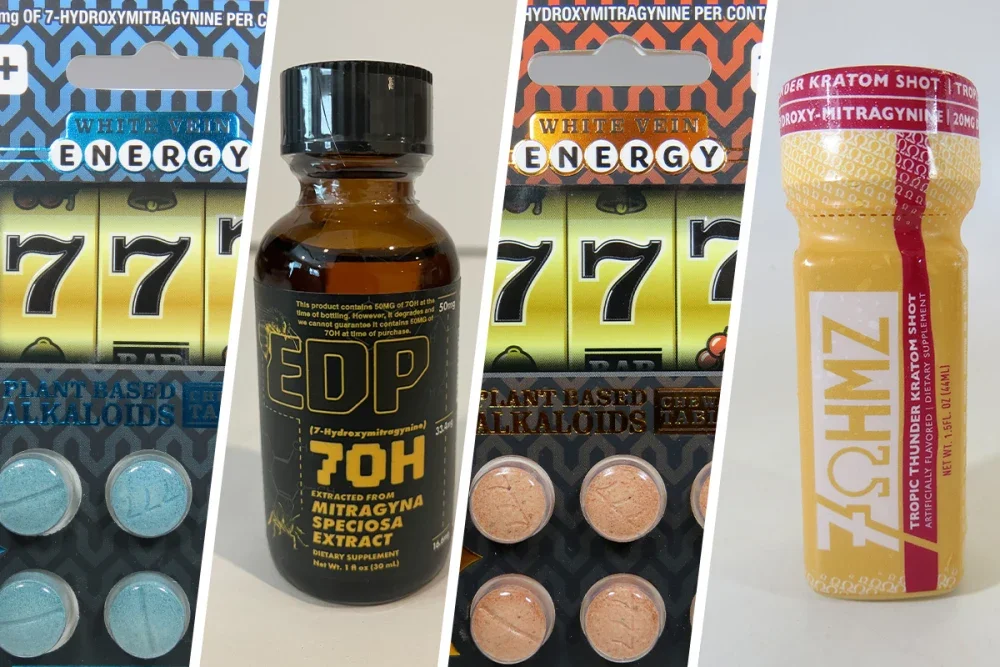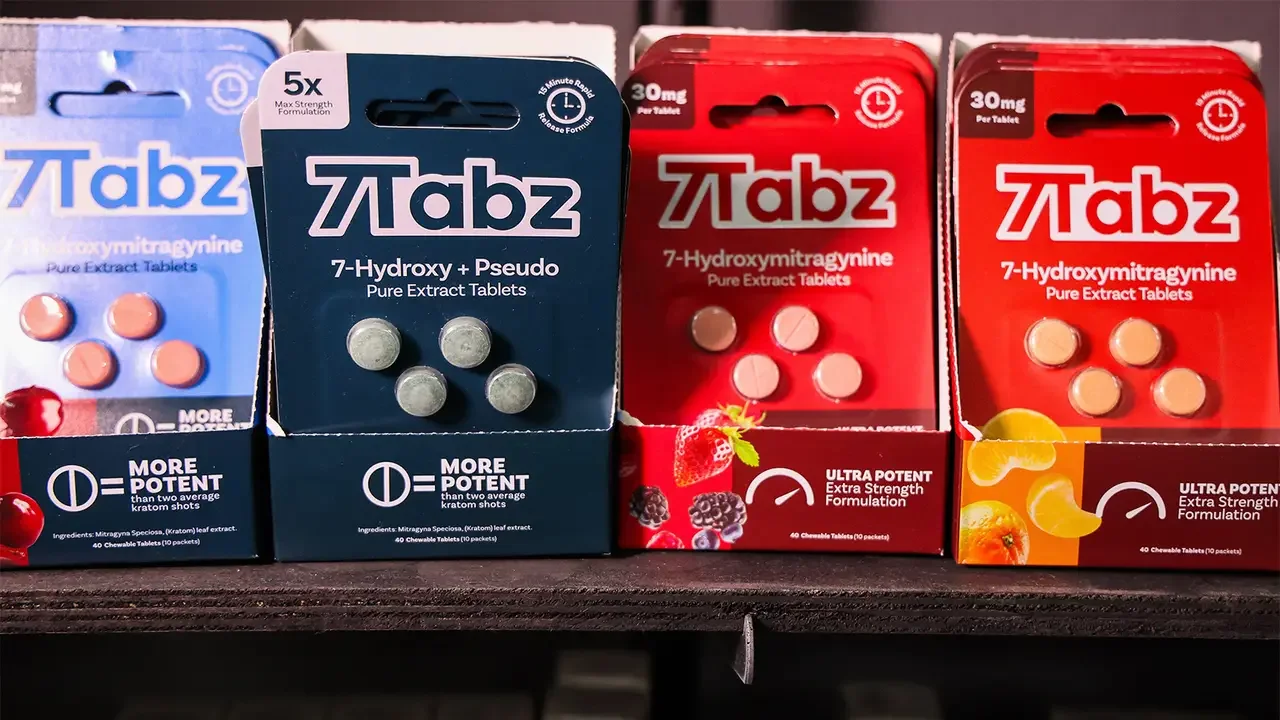A Deeper Dive into the Truth About 7-OH: A Synthetic Threat Masquerading as Herbal Relief
The first information we put out on 7-OH, found in Kratom, was published in a blog article on 7/29/25. Please click the link to read FDA Cracks Down on 7-Hydroxymitragynine: A Warning for All — Michael DeLeon Blog
Time for more truth
In the shadow of growing youth addiction trends and an expanding market for “natural” remedies, a powerful compound is slipping under the radar: 7-hydroxymitragynine, better known as 7-OH. While the name might sound like something reserved for lab coats and chemistry textbooks, the danger is far more immediate. Found in certain vape products, flavored supplements, and even gas station gummies, 7-OH is being consumed by unsuspecting teens and adults under the false guise of herbal wellness.
But make no mistake — this compound is not kratom. It’s the amplified offspring of it, and it’s turning casual users into chemical test subjects.
What Is 7-OH and How Is It Different From Kratom?
Kratom itself is a Southeast Asian plant traditionally used for pain relief and energy. In its raw form, it acts mildly on the brain’s receptors — think of it like sipping a weak cocktail. But 7-OH is something else entirely.
7-OH is not a traditional opioid; it isn’t derived from the poppy plant like morphine or heroin.
Yet it binds to opioid receptors in the brain with alarming strength — and yes, it’s more potent than morphine.
Manufacturers have begun extracting, isolating, and amplifying this compound from kratom, dramatically increasing its addictive potential.
Experts liken the transformation this way: if kratom is like a cup of herbal tea, then 7-OH is a double shot of moonshine served straight — distilled, dangerous, and fast-acting.
This process turns a traditionally light and manageable substance into a hyper-concentrated synthetic — changing its chemistry and its consequences.
The FDA’s Stance — and Why It Matters
The U.S. Food and Drug Administration (FDA) has taken serious notice. With energy drinks, gummies, and pills laced with 7-OH now being sold in gas stations and convenience stores, the agency is pushing for action.
The FDA has formally asked the Drug Enforcement Administration (DEA) to classify 7-OH as a Schedule I substance.
That places it in the same category as heroin, LSD, and ecstasy — drugs with no accepted medical use and a high potential for abuse.
Unlike kratom itself, 7-OH is being singled out due to its synthetic concentration and unregulated manufacturing.
The goal is to remove these products from stores, especially youth-accessible locations.
According to the FDA, products containing 7-OH are often illegally marketed as herbal supplements and make unsubstantiated health claims, all while delivering opioid-level potency.
Pushback and Challenges to Regulation
Despite the FDA’s push, attempts to regulate 7-OH have hit roadblocks:
Industry groups argue that there’s a lack of clinical studies — some even claim the FDA hasn’t provided hard data on 7-OH-related overdoses.
Critics say the effort is politically driven, not medically justified.
But prevention advocates and ethical kratom vendors disagree. They argue that isolating 7-OH violates everything that makes kratom traditionally safe.
Even the American Kratom Association (AKA) — a trade group for responsible kratom sellers — has stated that 7-OH should not be sold over the counter, especially not in youth-friendly formats like candy or shots.
“This isn’t botanical kratom,” said one former CDC Commissioner. “It’s pharmaceutical-grade opioid chemistry operating without oversight”.
What Needs to Happen Next
As prevention educators and community advocates, we must:
Demand transparent, science-driven regulation of synthetic compounds
Support the FDA’s efforts to restrict 7-OH products
Urge stores and wellness retailers to remove these items voluntarily
Educate families and youth about the real risks behind the glossy packaging
If you see flavored kratom products at your local gas station or smoke shop, check the label. If 7-OH is listed, know that this isn’t herbal relief. It’s synthetic deception.
Because when chemically amplified opioids are packaged like sour candy and sold next to slushies, we're not just failing to protect our youth — we're handing addiction a new disguise.
Once again, PROFIT is being put over PROTECTION of our youth.
For more information, help, and resources, please visit www.steeredstraight.org or call (856) 691-6676
Our mission is to steer youth straight toward making sound, rational decisions through a learning experience that provides a message of reality to help them make positive, informed choices.


